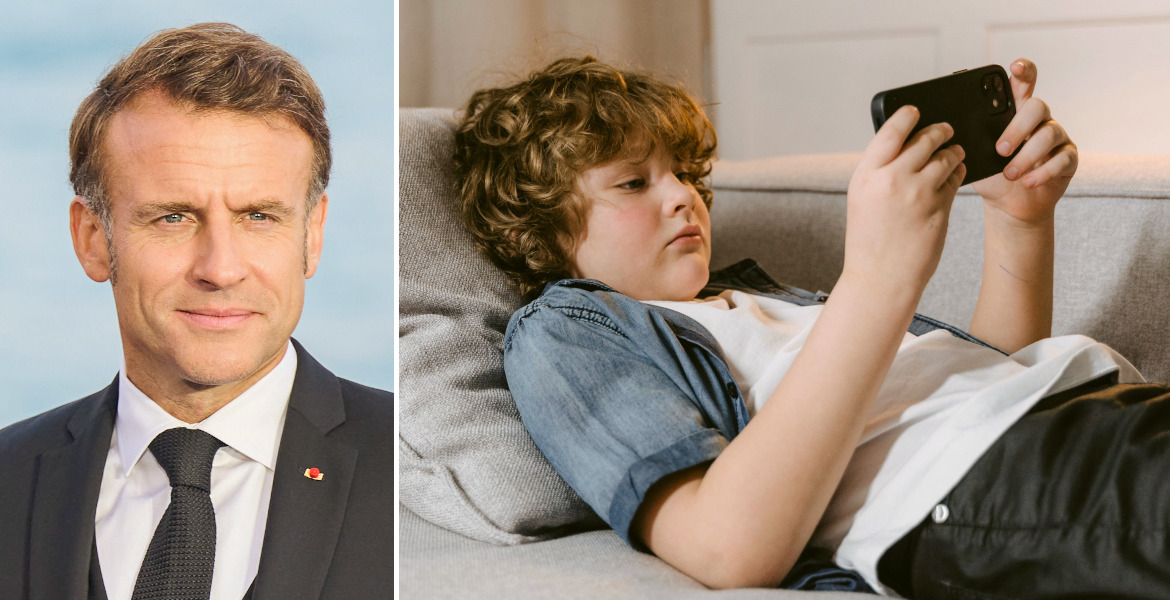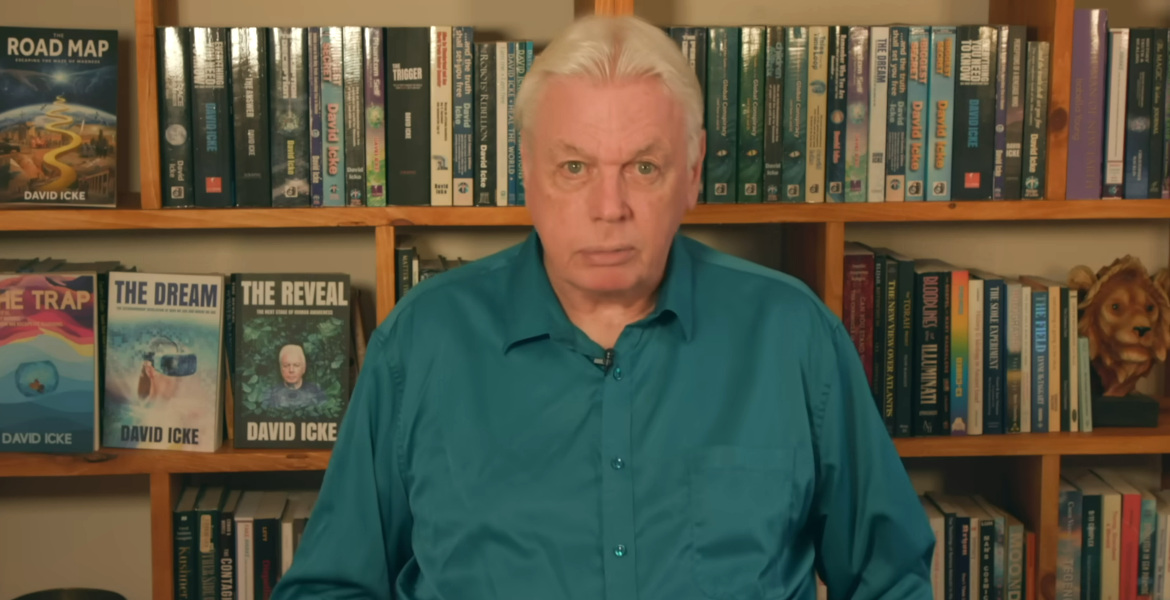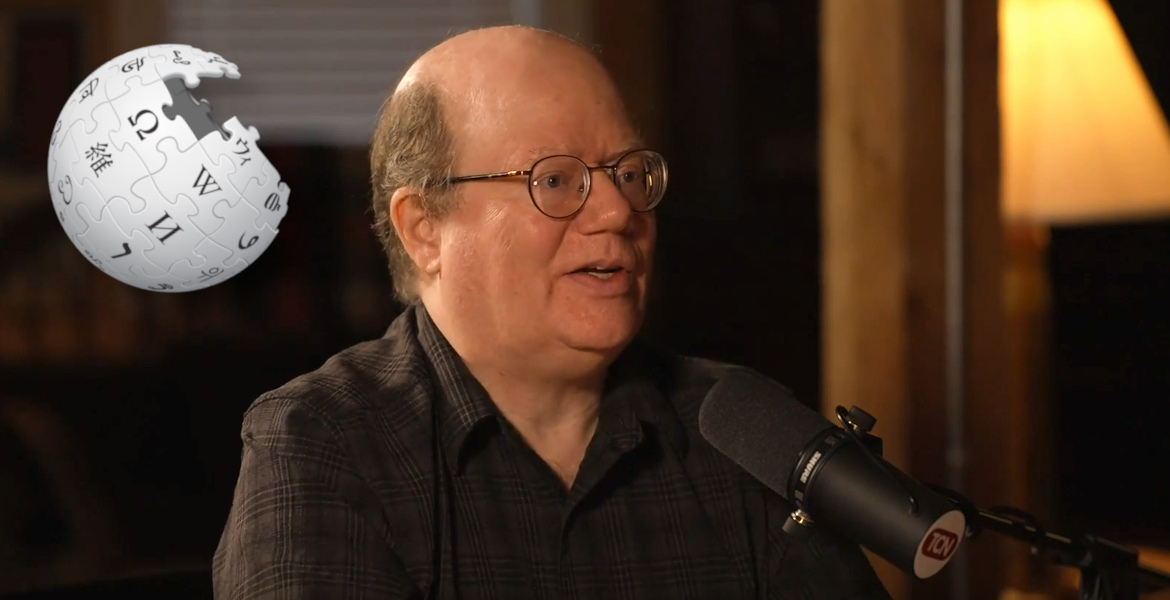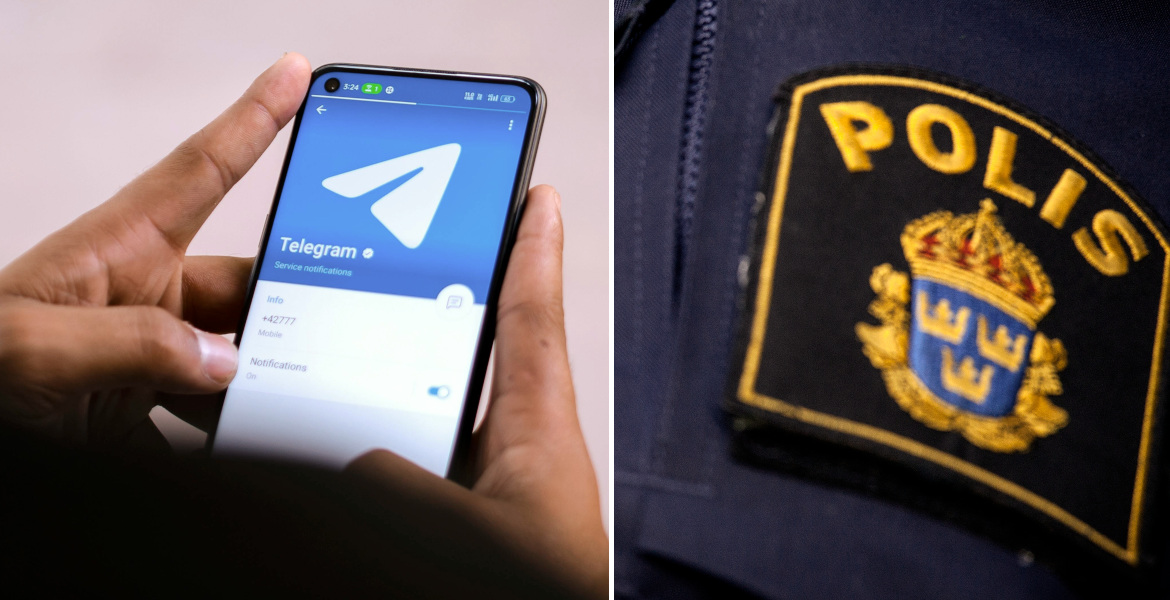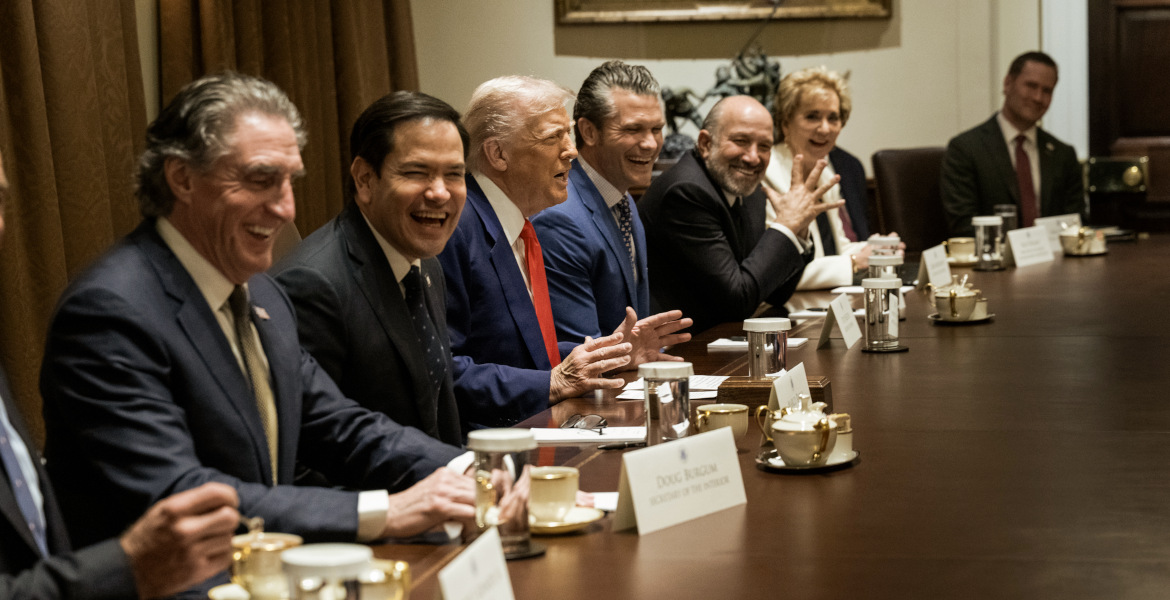French President Emmanuel Macron wants to ban social media for children under the age of 15. At the same time, the European Commission has stated that such decisions are a national matter.
Macron advocates an EU-wide age verification system, but the Commission believes that responsibility lies with individual member states.
The president's statement came late on Tuesday in response to a tragic knife attack in a Paris suburb where a teacher's assistant was stabbed to death by a 14-year-old student.
Macron, who has previously advocated a ban on social media for younger users, now raised the tone further and called on the EU and its member states to act quickly.
– I'm giving us a few months to achieve European mobilization. Otherwise, I will negotiate with the Europeans so that we can do it ourselves in France, said the president.
However, the EU Commission's response was clear: it is up to the French authorities to decide on the issue.
– Let’s be clear... wide social media ban is not what the European Commission is doing. It's not where we are heading to. Why? Because this is the prerogative of our member states, Commission spokesman Thomas Regnier told reporters yesterday.
Big problem in Denmark
According to the EU's General Data Protection Regulation (GDPR), member states have the right to set their own minimum age for when social media platforms can process personal data, as long as it is above 13 years.
The GDPR is an EU law that regulates the handling of personal data and allows for national adaptations – for example, data may be processed for younger users if their parents give their consent.
– Of course, member states can go for that option, Regnier continued.
But introducing such a ban is easier said than done. Technical challenges make it difficult to verify users' ages. In Denmark, for example, almost half of all children under the age of ten already have social media accounts. By the age of 13, almost everyone is registered, according to the country's Minister for Digitalization, Caroline Stage Olsen.
Digital Services Act
In addition to the GDPR, the DSA (Digital Services Act) also plays an important role. The DSA is an EU law that regulates digital services and platforms and gives the Commission responsibility and powers to supervise large social media platforms. The law also requires that minors be protected online.
– We want to make the digital space safe but also need to tackle risks coming from it. This is where the DSA comes into place, Regnier claimed.
The Commission is currently working on EU-wide guidelines on how platforms should comply with the DSA on issues relating to the protection of minors. These guidelines are expected to be finalised before the summer break. At the same time, an age verification app is being developed and will be tested in five countries, including France.
MACRON JOINS GLOBAL CRACKDOWN: “BAN SOCIAL MEDIA FOR KIDS UNDER 15”
After a school stabbing, Macron blamed youth violence on social media - and now wants the EU to regulate kids’ feeds.
“If Brussels won’t act, Paris will,” he warned, pushing platforms to age-verify or face… pic.twitter.com/zICHhtXORv
— Alex Kennedy (@AlexkennedyIran) June 11, 2025
Risk of censorship
Despite ongoing initiatives, France and several other EU countries have expressed frustration with the Commission's pace of work. Denmark, which takes over the presidency of the EU Council of Ministers from July to December, plans to push for better protection for minors online in the coming months.
Although the Digital Services Act is praised by its proponents, the law has also been criticized for threatening the rule of law and freedom of expression. Critics warn that the DSA, which requires the rapid removal of illegal content, risks leading to arbitrary censorship and overblocking, where platforms delete even legal material for fear of sanctions.
There are also concerns that the rules could be abused to silence opposition and political dissent and that protecting children is not really the issue at stake. Since legal review often takes place after the fact, the protection of fundamental rights is also being called into question.
Why does France want to ban social media for children?
French officials raised several reasons for a ban for children under 15:
- Mental health: Concerns about increasing mental health problems among young people, linked to the impact of social media on self-esteem, sleep and concentration.
- Bullying and harassment: Social media is often used as a platform for cyberbullying, which hits children particularly hard.
- Exposure to harmful content: Children are at risk of being exposed to violent, sexual or extreme content without being able to handle it.
- Data protection and privacy: Children's personal data is handled by commercial platforms without sufficient control or understanding.
- School-related violence: The recent knife attack at a school was used as an example of how digital environments can contribute to radicalization or aggressive behaviour.
- Parental responsibility and control: Macron says the current system makes it difficult for parents to know what their children are doing online.
.
